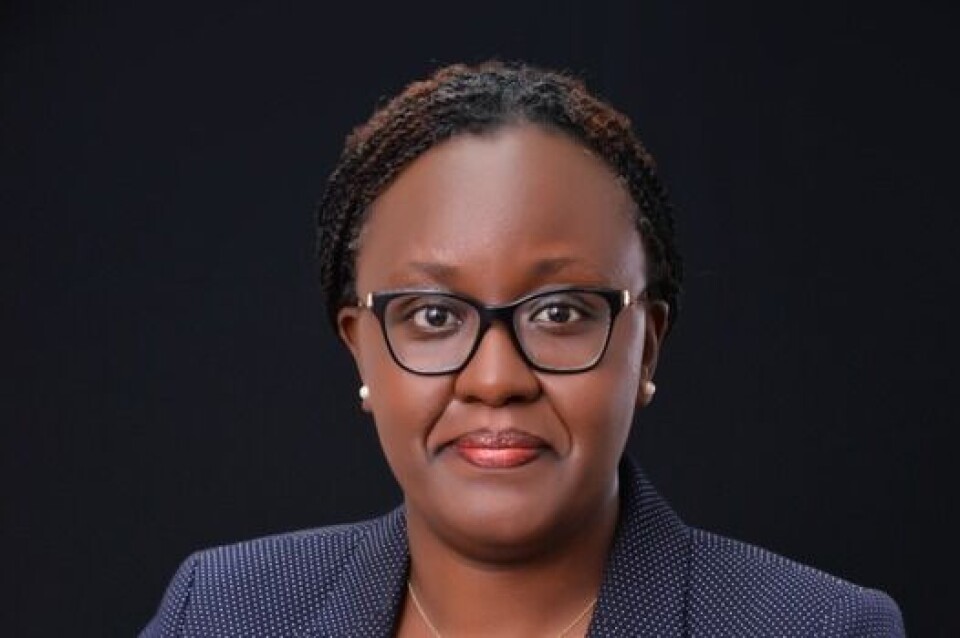With a demonstrated history of working in countries such as Namibia, Sierra Leone and Somaliland, diverse as they are, one constant that Wairimu Munyinyi-Wahome has observed is that women are struggling to claim their rights even within improved legal and policy contexts. She says it is largely a problem of political will that translates into poor implementation.
Munyinyi-Wahome is the executive director at Coalition on Violence Against Women (COVAW), a Kenyan based non profit organisation that recently received the 20 for 20 Solidarity Award in the Inclusion and Diversity category. The awards ceremony was held in conjunction with the 20th anniversary of the Protocol to the African Charter on Human and Peoples' Rights on the Rights of Women in Africa (Maputo Protocol).
Munyinyi-Wahome, an advocacy and policy specialist with an interest in gender laws, said receiving the award is humbling and a proud moment for COVAW. However, she looks forward to all African countries ratifying the protocol and implementing its provisions, so that women and girls can feel a difference in their quality of life.
Munyinyi-Wahome, through COVAW, has taken up the cudgels for one of the most vulnerable groups of women – those living with disabilities.
COVAW has been actively litigating cases, one of which seeks the repeal of laws which discriminate against persons with intellectual challenges by referring to them as idiots and imbeciles. “It is not only the use of discriminate language,” she said, “but it also provides for lesser sentencing when it comes to defilement and sexual assault of persons with intellectual disabilities.”
This perpetuates the belief that it is okay to violate the rights of women and girls with intellectual disabilities, said Munyinyi-Wahome. She notes that even judges and magistrates sometimes make light of the issues that are before them purely on the basis that the person who was violated has intellectual disabilities.
The organisation hopes that by the time the strategic litigation cases are concluded, the changes enacted will improve the lives of women and girls with intellectual challenges.
While she acknowledges the progress already made in Kenya, Munyinyi-Wahome says there is still a long way to go.
A report COVAW compiled two years ago highlights the frustration experienced by their legal team and other players. Issues range from numerous adjournments and missing police files, to attitudes and perceptions that impact negatively on how justice is relayed.
Munyinyi-Wahome says deeply rooted stereotypes that play out in the courtrooms are reflected in biased decisions against vulnerable groups. On average it could take up to six years for a defilement or rape case to be concluded, she noted, adding that the access to legal services is not cheap, so organisations like COVAW provide pro bono services for women and girls who cannot afford their services.
“Domestic practices have a huge impact on the implementation of instruments like the Maputo Protocol. It is important that the culture of the delivery of justice changes for the better so that such instruments can be meaningful in securing transformative justice,” she emphasised.
On a positive note, one of the recommendations of COVAW’s report – the establishment of sexual and gender-based violence (SGBV) courts – has been launched in Kenya.
To join Africa Legal's mailing list please click here

